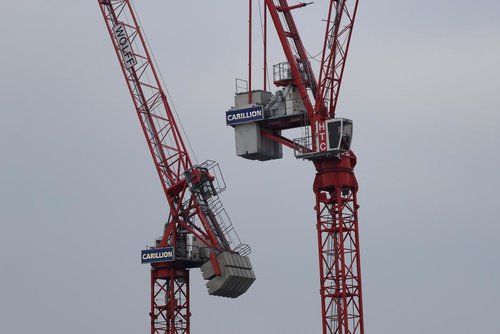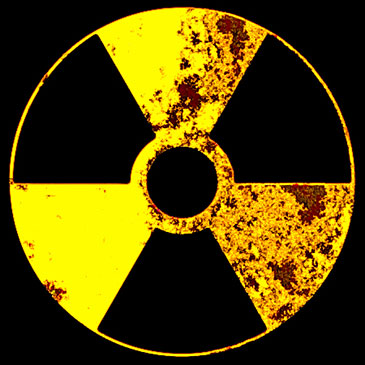
Cranes stand on a Carillion construction site in central London, Britain January 14, 2018. REUTERS/Simon Dawson
The story that was developing over the weekend finally broke as Carillion plc has gone into compulsory liquidation. Carillion is one of the largest contractors of the UK public sector and holds a very large number of contracts for a range of infrastructure and services projects. The immediate concern of the UK government will now be how to ensure continuous provision of those services (which include catering and cleaning services for schools and hospitals), and finding ways to ensure completion of the ongoing infrastructure projects, possibly through ‘bringing them in-house’ or re-nationalising the contracts–although it seems a reasonable to question whether there is capacity in the civil service and in local government to manage such a volume of complex outsourced contracts. Continue reading


